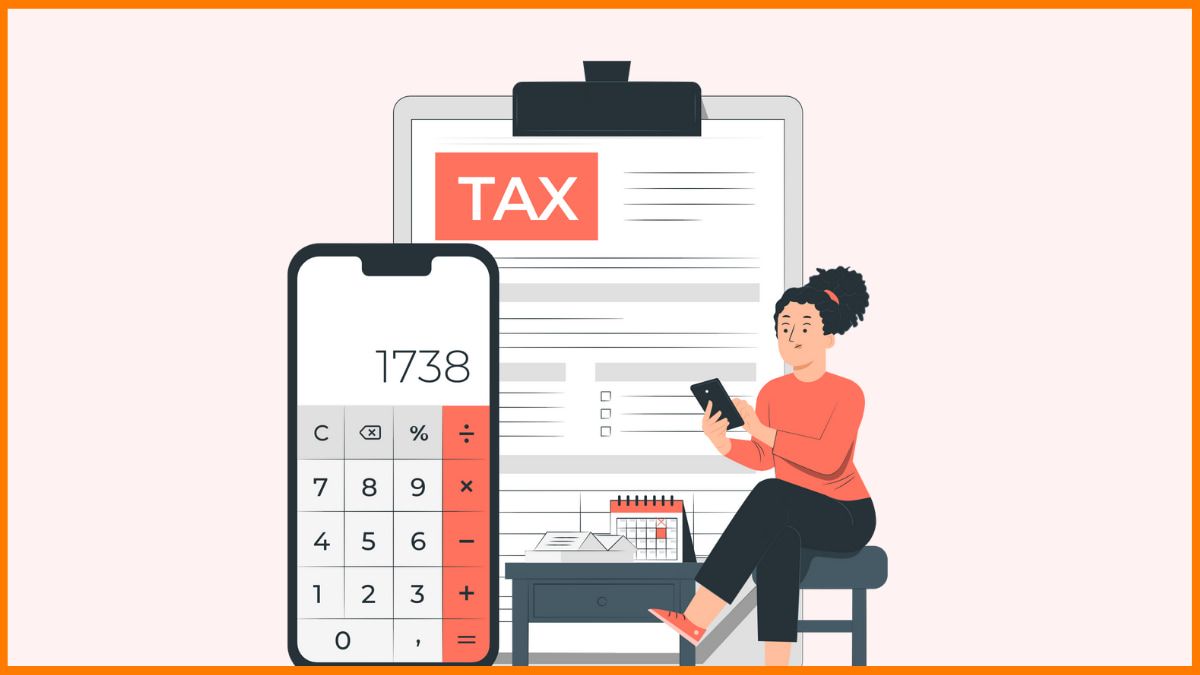Tax Planning for Businesses
✍️ Opinions
This article has been contributed by Niraj Hutheesing, Founder and Director, Cygnet Infotech.
Tax planning is an essential aspect of running a business in India, especially with the recent changes in tax laws and regulations. In 2023, businesses need to be proactive and strategic in their approach to tax planning to ensure compliance, minimize tax liability, and maximize profits.
The IT landscape globally has been evolving to address the challenges in tax planning. The tax operations across the organizations are transforming from being a compliance function to influencing the business structure and decisions. The emerging technologies have the potential to improve operating efficiency and uncover insights that can drive fact-based decision-making for tax optimization and change the value tax brings to the company’s bottom line.
Proper documentation and record-keeping are crucial for tax planning. Businesses should maintain accurate records of all transactions, invoices, and receipts, as they may be required to provide these as evidence in case of an audit. Also, the ITR & GST returns are integrated to ensure that all financial transactions are accounted for, reported, and taxed appropriately.
Traditionally, businesses handle tax documentation and filings manually, leading to fragmented records and a lack of a single source of information. This increases the likelihood of compliance issues such as mismatch between the data disclosed in financial statements and tax returns, missed ITC and tax optimization opportunities, and security and authentication challenges. Furthermore, managing multiple tax registrations and inconsistent data formats between internal systems, compliance platforms, and government portals adds to the hassle.
Integrated tax solutions are helping corporate tax teams to cope with increased demands for data and transparency from regulators. Historically, taxpayers had been reacting to the changes brought by the tax administration, but now, aided by the technologies, corporate tax teams have started taking a more hands-on approach to use data for predictive and prescriptive analysis, tax modeling, and decision-making to optimize tax across the breadth of their operations and speed up planning, reporting and compliance processes.
TaxTech can help businesses identify potential areas for savings, such as indirect taxes, which are often overlooked. Adopting technology solutions, such as automated invoicing and tax compliance software, can result in accurate capture and recording of all eligible input tax credits (ITC) transactions. This optimizes ITC utilization and streamlines tax processes, minimizes exposure to interest, penalties, and litigations through verifying vendor invoices, taking the rightful credits, and ensuring compliance along with the ability to block payments from non-compliant vendors and safeguard cashflows. Real-time visibility and detailed reporting for auditing purposes provide added benefits. Integrating technology in tax compliance improves financial performance and enhances efficiency in tax planning and processes.
The future of tax planning lies in the use of technology such as artificial intelligence and machine learning. These technologies can help companies analyze large amounts of data quickly and accurately, allowing them to make more informed decisions about their taxes. Additionally, AI can be used for indirect tax compliance, helping companies stay on top of changing regulations in different jurisdictions around the world.
We see the shift from standalone to connected tax systems with technologies like RPA, blockchain, integration, and hyper-automation using the data warehousing approach that is eventually the future of tax. It is only a matter of time before we see these emerging technologies start supporting the tax function in making strategic decisions. In tomorrow's tax world, analytics would be indispensable, the digital twin will complement manpower in the tax function, and artificial intelligence/machine learning and blockchain would become the new normal.
As we look toward the future of tax planning in GST, it is clear that tax technology will play a critical role in this transformation. The automation of GST returns filing, real-time invoicing and tracking, improved compliance, valuable data insights, and integration with other business systems, are all hallmarks of the positive impact that tax technology will have on the Indian tax landscape.
It is the right time for SMEs and MSMEs to embrace digitalization. As we are moving towards increasingly connected tax systems, the government’s push for real-time data sharing in the form of e-invoicing will push MSMEs to comply. By reducing the turnover threshold, SMEs will need to streamline their accounting and reporting systems, with cloud-based invoicing solutions that can be particularly helpful for the tax process digitalization journey & GST compliance.
By embracing this change, and leveraging the full potential of tax technology, the future of tax planning under GST is bright, and we are eager to be at the forefront of this exciting new era.

Must have tools for startups - Recommended by StartupTalky
- Convert Visitors into Leads- SeizeLead
- Website Builder SquareSpace
- Run your business Smoothly Systeme.io
- Stock Images Shutterstock






